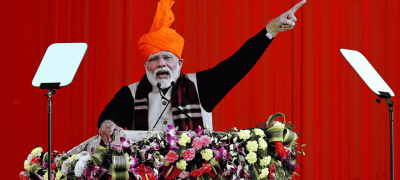Ramadan, the holy month observed by Muslims worldwide, offers a unique opportunity for personal growth and self-improvement. During this month-long period of fasting and spiritual reflection, many individuals find themselves becoming more punctual and disciplined in their daily routines. From performing prayers on time to waking up early for Sehri (pre-dawn meal) and gathering for Iftar (breaking of the fast), Ramadan instills a sense of routine and responsibility that can be leveraged for long-term habit development.
The Power of Consistency: Consistency is key when it comes to habit formation. Ramadan, with its structured schedule and heightened sense of spirituality, provides the perfect environment for cultivating positive habits. By consistently performing daily rituals such as prayers and fasting for 30 days, individuals unintentionally reinforce habits that can extend beyond the month of Ramadan.
Small Steps, Big Impact: The beauty of habit development lies in its simplicity. Rather than attempting drastic changes overnight, focusing on small, manageable steps can lead to significant long-term results. During Ramadan, individuals can identify one or two areas of their lives they wish to improve and commit to making small changes in those areas. Whether it’s eating less, reading Quran regularly, or practicing acts of kindness, these incremental changes can pave the way for lasting habits.
Embracing All Areas of Life: While the focus during Ramadan is often on spiritual growth, it’s essential to recognize that personal development encompasses all aspects of life. Beyond religious practices, individuals can use this month to improve their physical health, strengthen relationships, and enhance personal well-being. Whether it’s adopting a healthier diet, spending quality time with family, or cultivating a mindset of gratitude, every small step contributes to overall growth and improvement.
Making Ramadan a Month of Transformation: As Muslims start the journey of Ramadan each year, they have an opportunity to connect its transformative power for personal development. By embracing the spirit of discipline and self-reflection that characterizes this holy month, individuals can cultivate habits that serve them well beyond Ramadan. Through small, consistent steps in all areas of life, Ramadan becomes not only a time of spiritual renewal but also a catalyst for lasting positive change. In conclusion, Ramadan offers a unique opportunity for habit development and personal growth.
By focusing on small, manageable steps, individuals can make this month a time of transformation and self-improvement. Let us use the discipline and spirituality of Ramadan to cultivate habits that lead to lasting change and a better version of ourselves.







